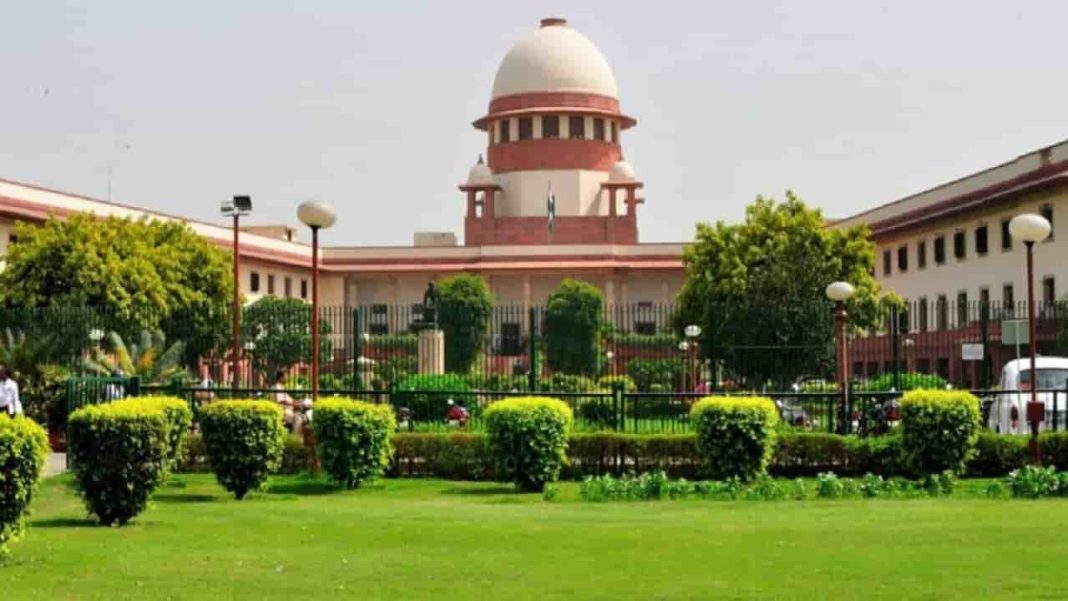The Supreme Court has referred the question of whether the courts can modify arbitral awards under Sections 34 and 37 of the Arbitration and Conciliation Act, 1996, to a larger bench.
The directions were recently issued by the Bench of Justice Dipankar Datta, Justice Viswanathan and Justice Sandeep Mehta.
The Apex Court observed that the issue, having seminal importance, needed an authoritative pronouncement to bring clarity and guidance.
The matter before the Constitution Bench of the Court asked whether the powers of the Court under Sections 34 and 37 of the Arbitration and Conciliation Act, 1996, would include the power to modify an arbitral award?
It further asked whether the power to modify the award was available, whether such power could be exercised only where the award was severable and a part thereof could be modified?
It asked whether the power to set aside an award under Section 34 of the Act, being a larger power, would include the power to modify an arbitral award and if so, to what extent?
It was further asked whether the power to modify an award can be read into the power to set aside an award under Section 34 of the Act?
The three-judge Bench directed that the matter be placed before the Chief Justice of India for appropriate orders.
The case pertained to the disputes between technology company ISG Novasoft Technologies Limited and a former employee. The employment agreement had been made subject to the provisions of the Arbitration Act.
The arbitral award passed in the matter was later challenged by both the former employee as well as the company before the Madras High Court.
A single-judge Bench of the High Court partly allowed the employee’s plea for additional compensation, and modified the arbitral award on this aspect.
On appeal (by both parties), a Division Bench of the High Court upheld the single-judge ruling, but reduced the additional compensation payable to the former employee to a certain extent.
This High Court ruling was challenged before the Supreme Court by the former employee.
While dealing with this appeal, the Apex Court noted that a question of law in which frequently arises in such cases was whether courts can modify arbitral awards.
The matter was referred to a larger bench of the Court.
Among the questions referred was also whether the Supreme Court’s decision in Project Director NHAI vs. M. Hakeem laid down the correct position of law.
The Apex Court ruled in the M Hakeem case that it would be crossing the “Lakshman Rekha” if courts were allowed to amend arbitral awards, since the arbitration regime envisions minimal judicial intervention.
The former employee was represented by Senior Advocate Arvind Datar, along with Advocates MV Mukunda, Hina Shaheen, Mithun Shashank, MV Swaroop, Hredai Sriram, Nishanth Patil and K Parameshwar.
Senior Advocate Siddharth Bhatnagar, along with Advocates Debmalya Banerjee, Manmeet Kaur, Rohan Sharma, Gurtej Pal Singh, Abhishek Rana, Ananya Khanna and Aditya Sidhra, briefed by Karanjawala & Co, represented ISG Novasoft Technologies Limited.


